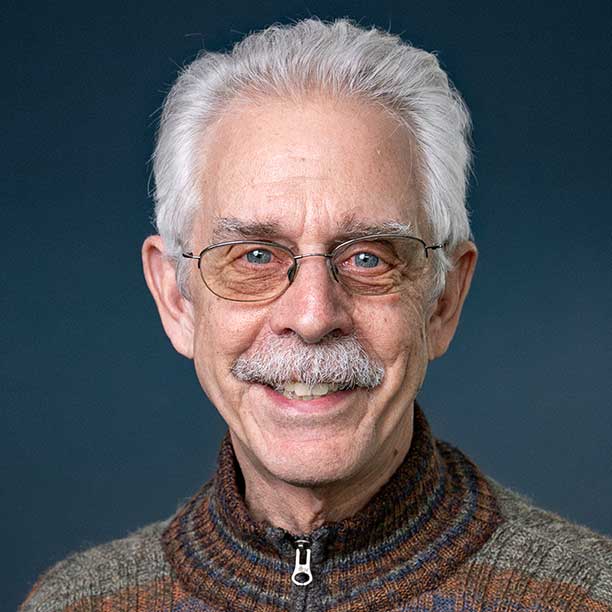
Daniel Ouellette, MD, FCCP

Daniel Ouellette, MD, FCCP
It’s an exciting time for critical care medicine practitioners, and the excitement will be encapsulated at CHEST 2025, October 19 to 22, in Chicago. No matter their experience level, attendees will find new advancements and insights in a broad array of panel discussions, thought-provoking debates, simulations, hands-on workshops, and core interactive sessions.
“We’re not focused just on talks that would be relevant to physicians in training,” said Daniel Ouellette, MD, FCCP, Chair of the Critical Care Curriculum Group and Critical Care Network. “We also have sessions that speak to people who are more advanced in their careers. We’re going to focus on physiology and the underlying principles of medicine in a way that will excite people who are advanced experts in the field. We’re going to present evidence from new CHEST guidelines that will help inform clinical practice in the ICUs, and I think there’s something for everyone.”
The highly popular Critical Care Year in Review (Part 1) (Part 2) will highlight new findings in medical literature on topics including ARDS, neurocritical care, nonpulmonary critical care, sepsis, surgical critical care, mechanical ventilation, and respiratory support.
Advanced practice providers (APPs) will also find a warm welcome at CHEST 2025. “All of our sessions are appropriate for all practitioners in critical care medicine, but we also have specific sessions that focus on APPs—how they interact with their colleagues, how they are credentialed, and how they fit in with our teams,” Dr. Ouellette said.
The Benefits of APPs Working With Physicians in the ICU, for example, is a core interactive session that will explore how hospital systems can optimize workflows, billing practices, and procedural competency while integrating APPs as essential teachers and learners. Similarly, Running Effective Rounds in the ICU will examine how critical care APPs can boost productivity within the ICU setting.
Dr. Ouellette is especially excited about the latest advancements in managing ARDS. In ARDS: Individualized Care Using Research and Physiology at the Cutting Edge, speakers will take a critical look at management in light of new understanding about physiology, outcomes research, and novel therapeutics for the condition. “We’re looking at personalized care, at biomarkers, at the use of new medications, and at how comorbidities that develop in ARDS are linked because of the underlying pathophysiology,” he said.
Experts will tackle controversial topics like optimal oxygenation targets and the role of permissive hypercapnia in Targeting Optimal O2 and CO2 in ARDS. This pro-con debate will scrutinize conservative strategies vs permissive strategies, drawing on arguments about hyperoxia-related harm and safety concerns raised during the multicenter randomized Liberal or Conservative Oxygen (LOCO) Therapy trial.
“One of the interesting changes in critical care medicine is the use of artificial intelligence in diagnostics to help us treat our patients better,” Dr. Ouellette said. Core interactive sessions will equip practitioners with the knowledge and skills to responsibly integrate artificial intelligence tools into their critical care environments. “In addition, there are changes to include the use of telemedicine to cover our ICUs on nights and weekends when we’re not there and the employment of APPs to provide care for our ICU patients as part of our teams. People who attend CHEST 2025 are going to learn about the incorporation of these new technologies and these new people into our ICUs.”
Everyone who's passionate about critical care medicine should attend CHEST 2025, Dr. Ouellette emphasized. “We have the opportunity to interact and visit with the speakers and attendees from around the world who are practicing in this domain. One thing I really look forward to is what we call the Network Mixer, or the Network Forum, which will allow us to meet colleagues, connect with old friends, and discuss opportunities to participate in CHEST leadership in the future.”
“Chicago is the home of CHEST,” Dr. Ouellette said. “Everybody’s looking forward to visiting this great city [and] coming together to celebrate critical care medicine.”
READ ALL CHEST 2025 BLOGS »